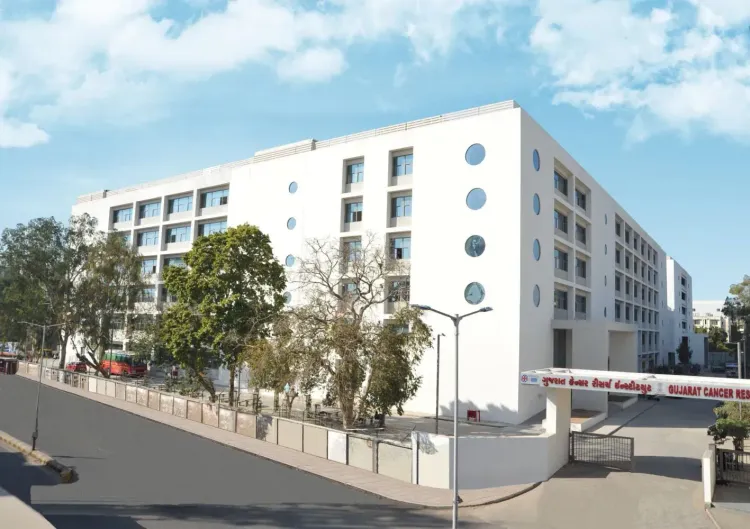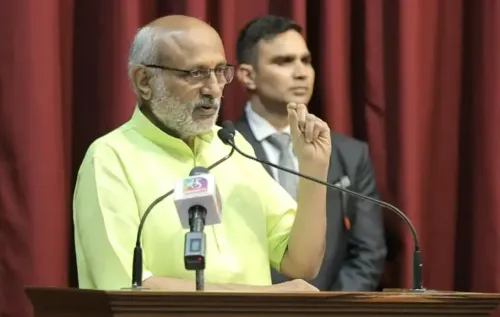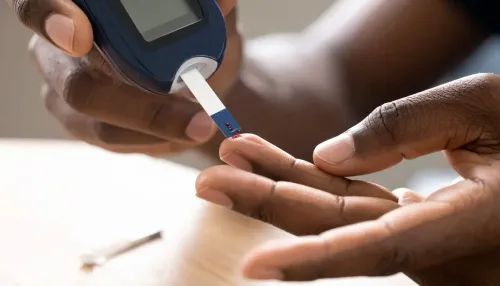Is Gujarat Becoming a Leader in Lung Cancer Care?

Synopsis
Key Takeaways
- Gujarat has treated over 4,397 lung cancer patients at GCRI from 2020 to 2024.
- More than 3,256 patients benefited from the PMJAY-MA health scheme.
- Early screening and tobacco cessation are crucial for improving survival rates.
- GCRI uses cutting-edge technologies like CyberKnife and TomoTherapy.
- Gujarat's medical tourism is growing rapidly, with a 33% growth rate.
Gandhinagar, July 31 (NationPress) Gujarat is establishing itself as a pivotal center for advanced lung cancer treatment, with the Gujarat Cancer and Research Institute (GCRI) in Ahmedabad having treated 4,397 patients from 2020 to 2024.
Among these, 3,256 patients availed the PMJAY-MA health scheme, highlighting the state's dedication to providing affordable and high-quality cancer care.
On the occasion of World Lung Cancer Day, GCRI officials emphasized the importance of early screening and tobacco cessation, noting that over 40 percent of lung cancer cases in India are identified at advanced stages, which drastically lowers survival rates.
GCRI Director Dr. Shashank Pandya stated, “Awareness is our strongest tool. Early detection, quitting tobacco, and timely treatment can significantly enhance survival rates.”
The annual influx of patients seeking treatment at GCRI has consistently increased: 700 in 2020, 813 in 2021, 865 in 2022, 933 in 2023, and 1,086 in 2024. Out of the total of 4,397 patients treated, 3,597 were men, 799 women, and one child, with 1,426 patients hailing from other Indian states—further establishing Gujarat’s stature in cancer care.
GCRI has also become a significant contributor to India’s medical tourism sector, providing globally competitive treatment options utilizing state-of-the-art technologies such as CyberKnife, True Beam, TomoTherapy, Robotic Surgery, and advanced diagnostics like PET-CT, PSMA Scan, NGS, and 3 Tesla MRI.
Thanks to its 2006 Medical Tourism Policy, the state has experienced a 33 percent growth rate in medical tourism, surpassing the national average of 20 percent. Key cities such as Ahmedabad, Vadodara, and Surat are home to advanced super-specialty hospitals recognized for their expertise in fields like cardiology, neurosurgery, orthopaedics, infertility treatment, and oncology.
Ahmedabad’s expansive Civil Hospital - the largest in Asia - along with private institutions like Zydus Hospitals and Shalby Hospitals, provide NABH/NABL-accredited services, advanced diagnostics, and high-quality surgeries at a fraction of international prices.
The state's affordability, efficient medical visa support, cashless facilities, and well-developed infrastructure make Gujarat particularly attractive to Non-Resident Gujaratis (NRGs) and international patients from Africa, SAARC nations, and the Middle East.









